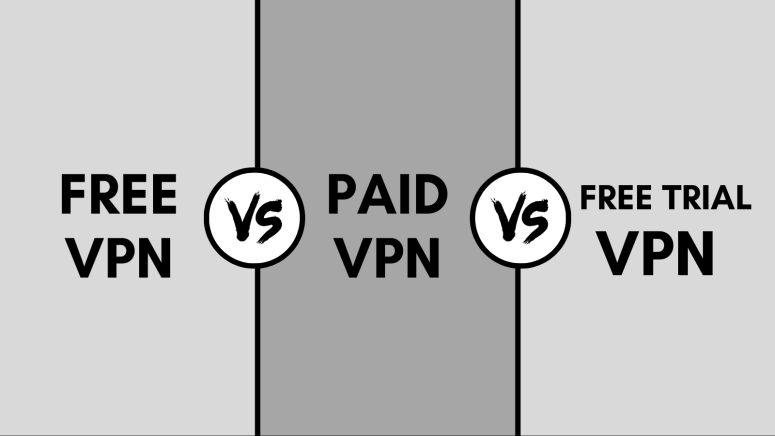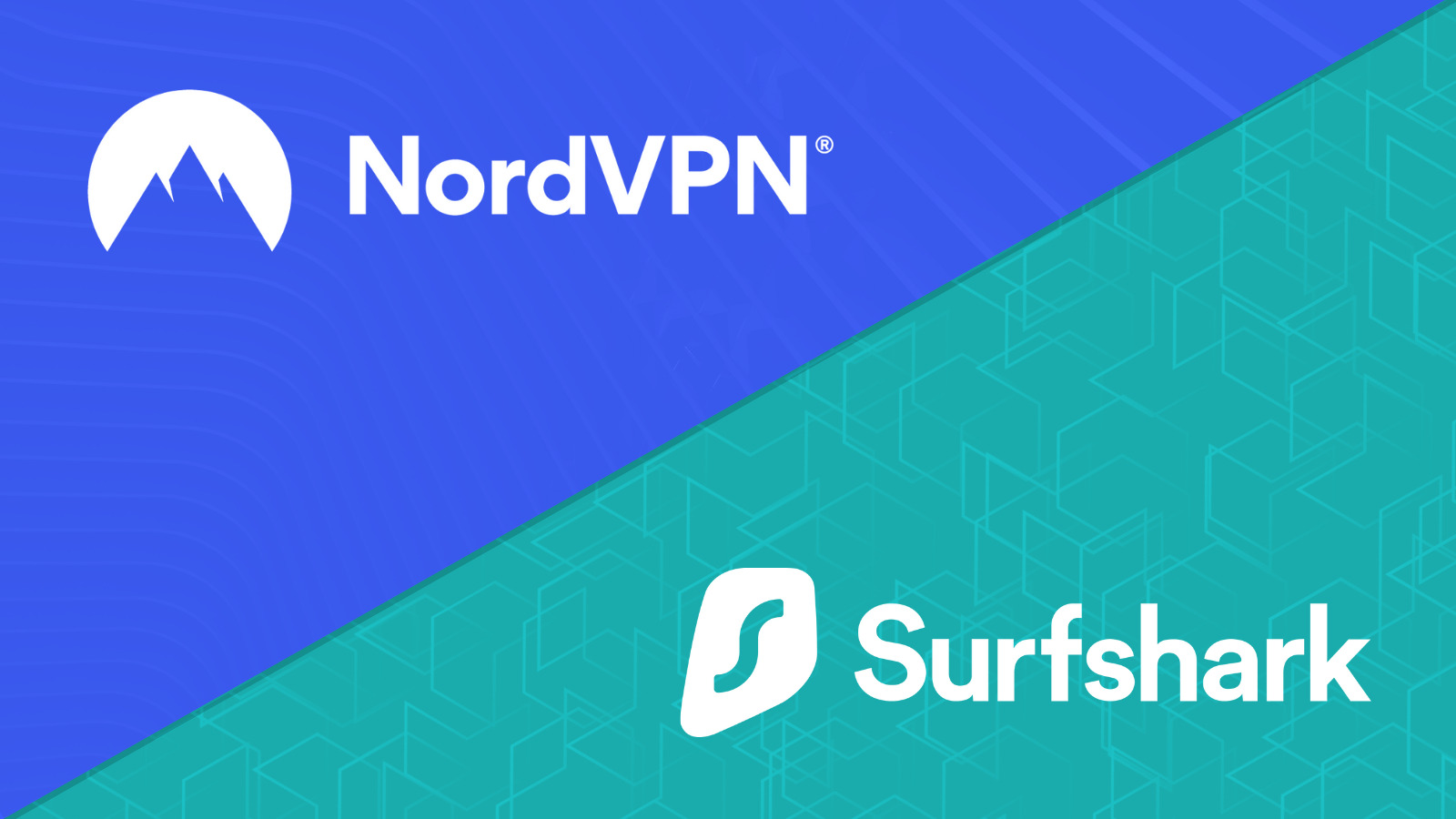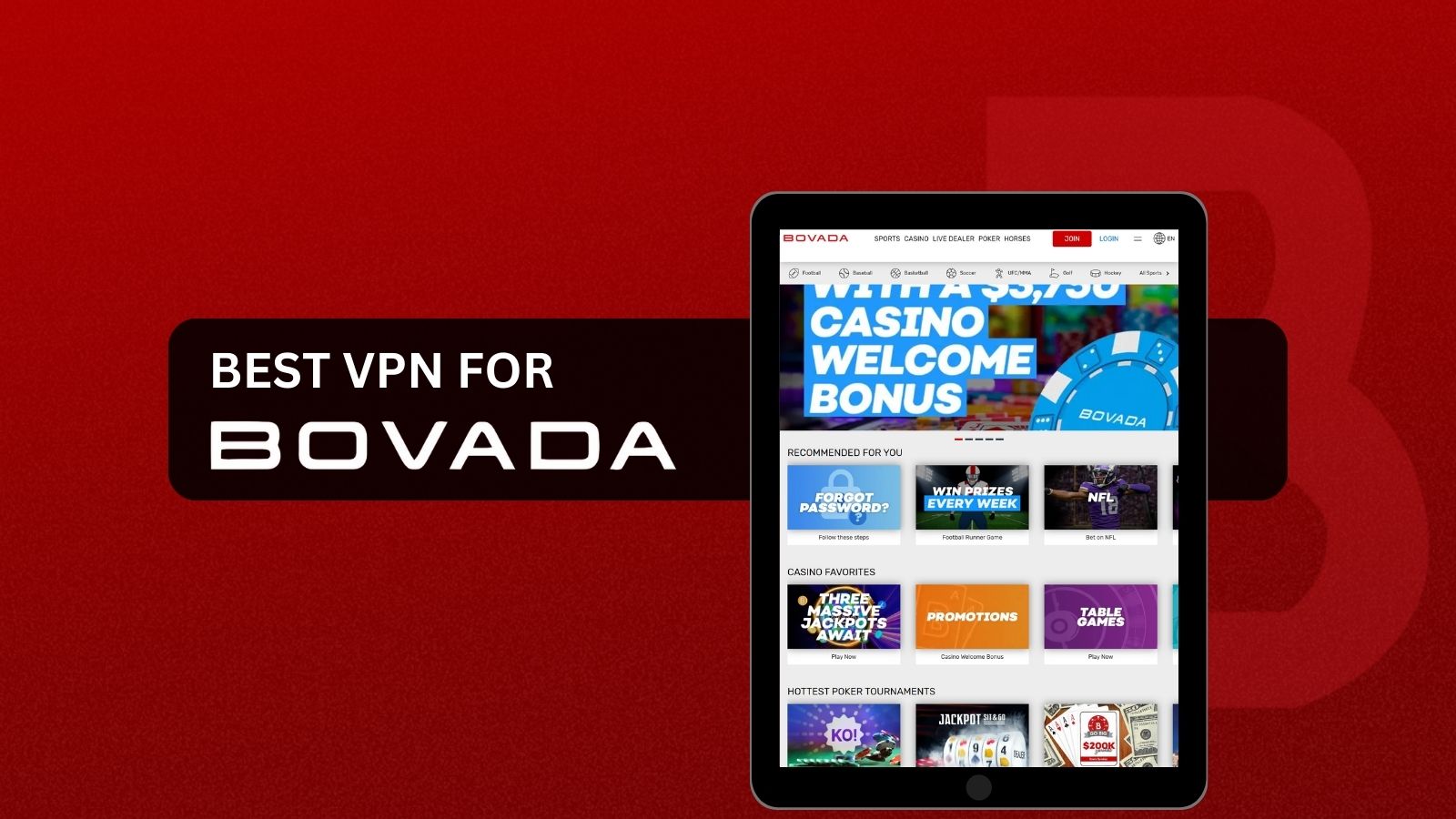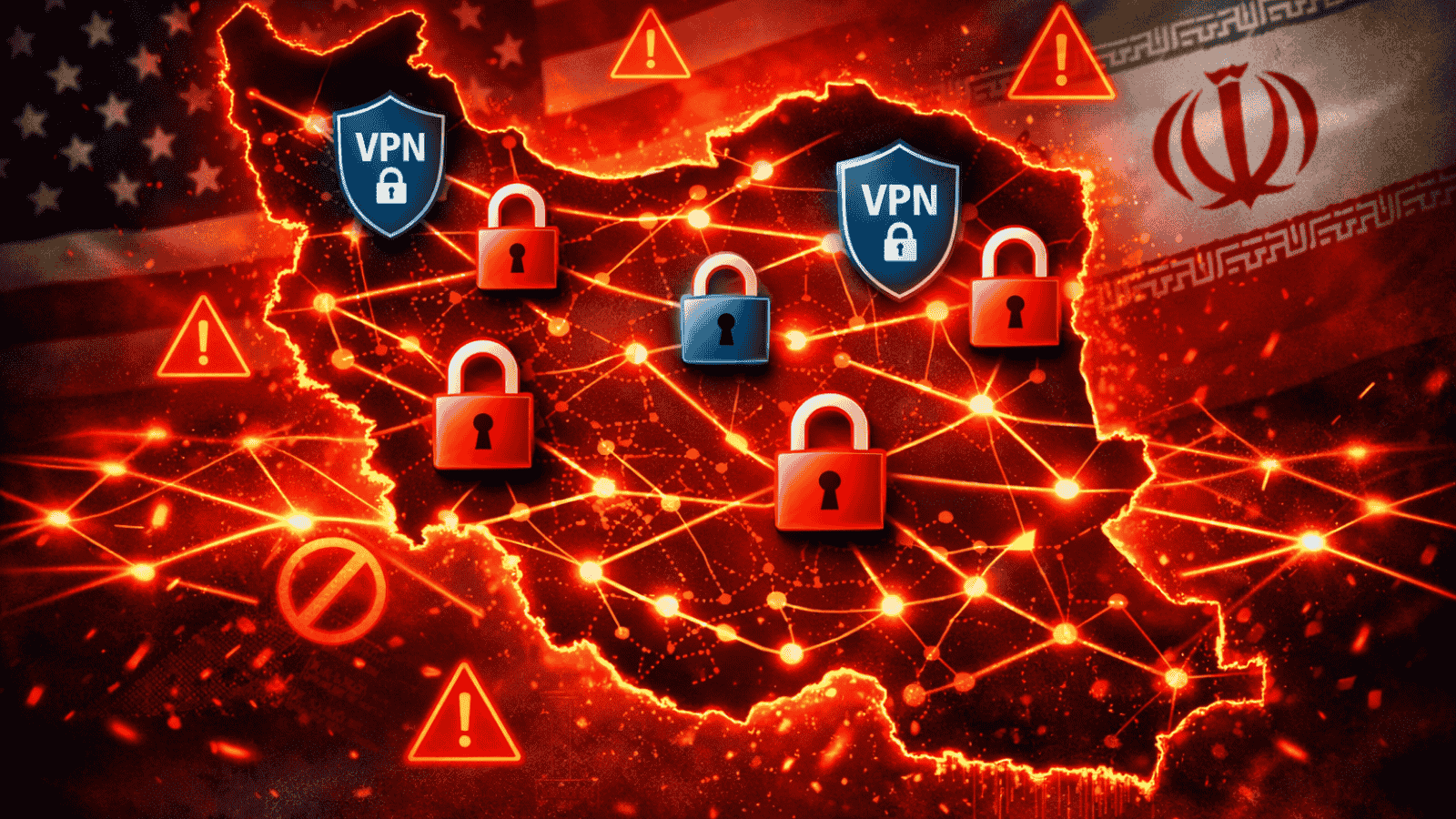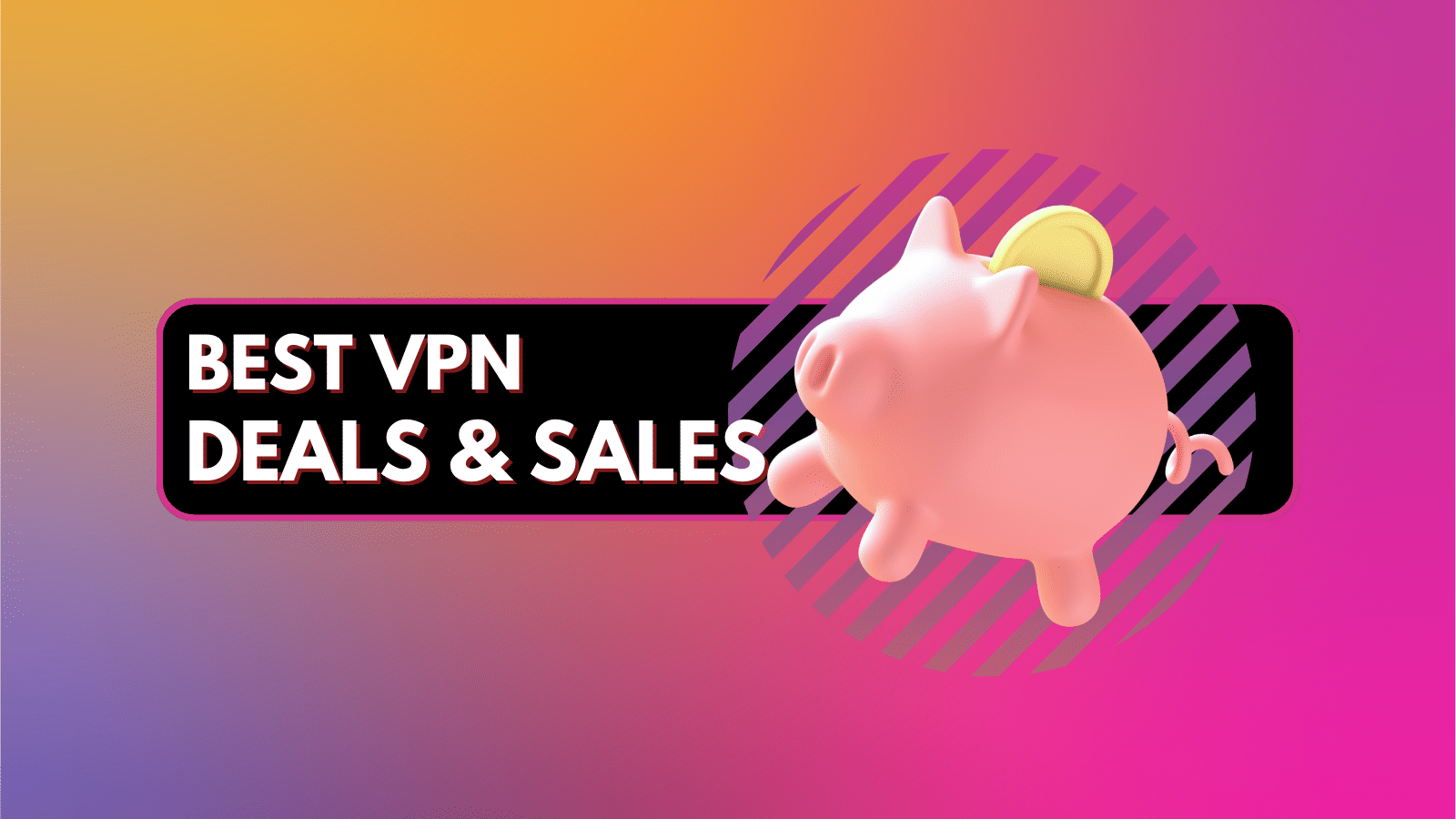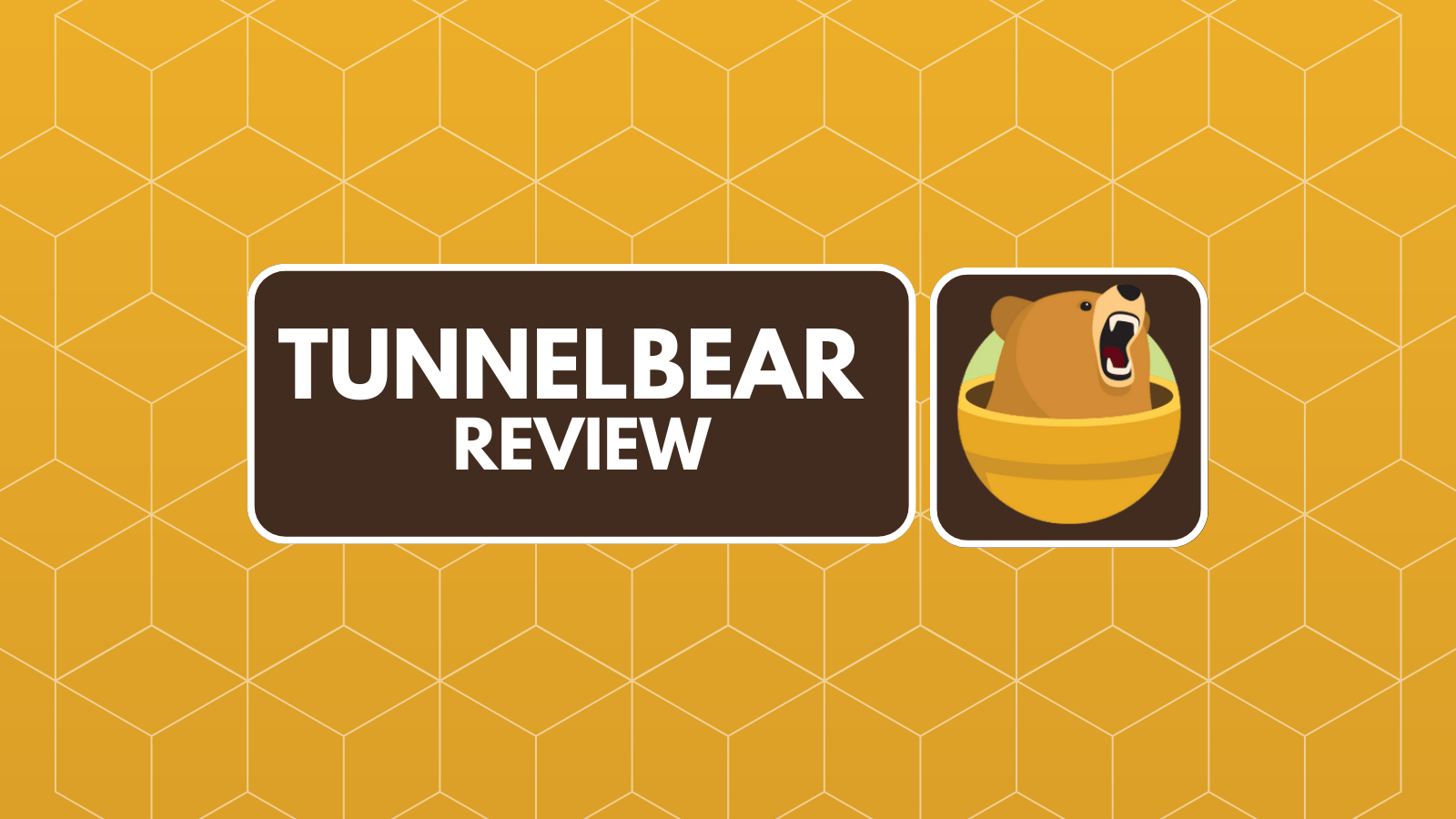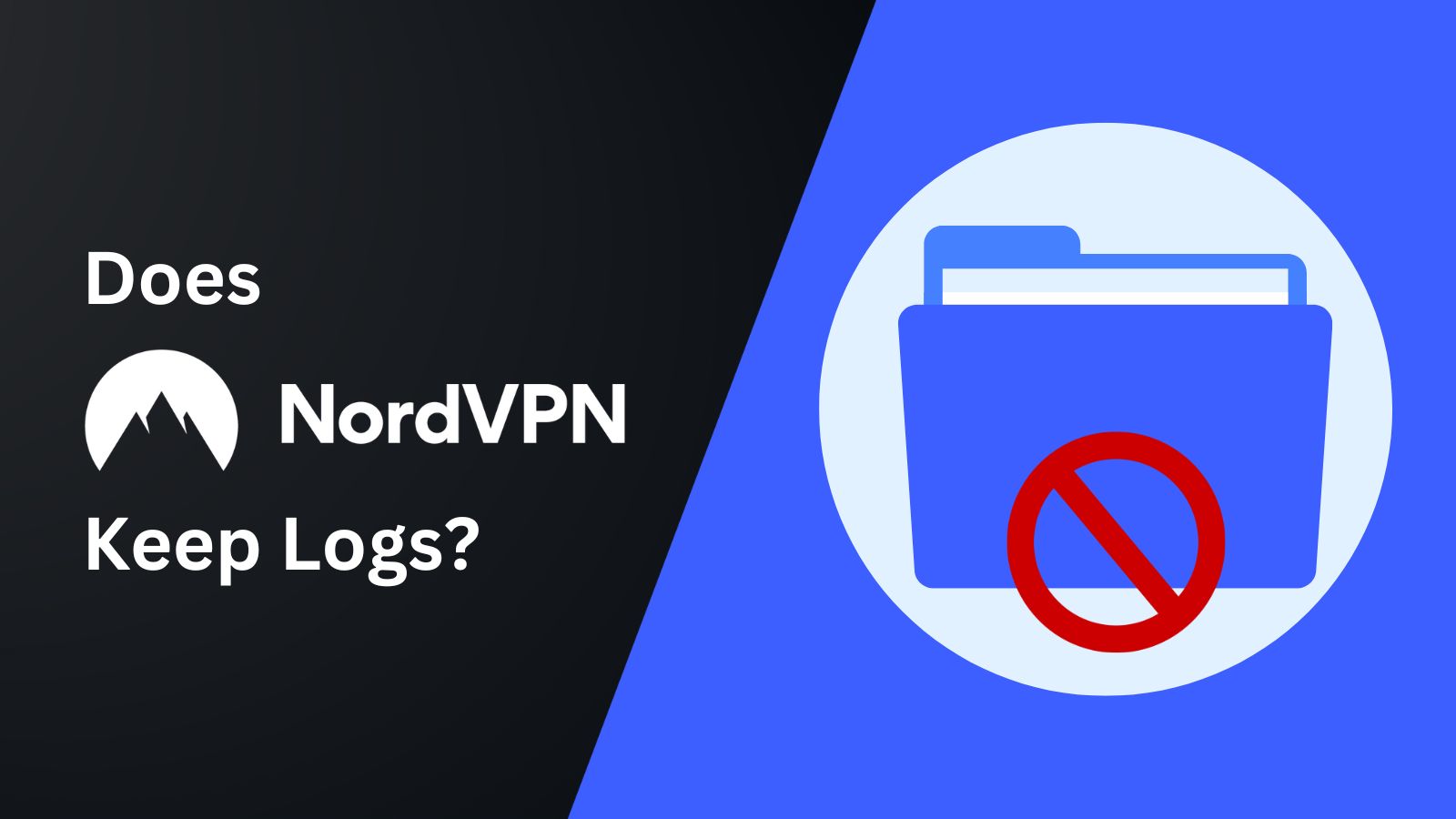When you purchase through links on our site, we may earn an affiliate commission. Here’s how it works.
Free VPN vs. Paid VPN vs. Free Trial VPN – Which One’s Right for You in 2026?
Our experts have reviewed 53 VPN providers, which were put through extensive rounds of testing. To learn more about that process, here’s how we review VPNs, where we explain our criteria and our policy of being fully transparent.
You’ve probably heard that VPNs protect your privacy, help you unblock media streaming services, and keep your P2P file sharing anonymous. All of that is true, but keep in mind that not every VPN provider is the same, especially when comparing their cost. We’re sure that many of you wonder about the differences between free VPNs, paid VPNs, and free trial VPNs – which we’ll help you understand and pick the best option for you.
With that said, we welcome you to our comprehensive comparison, where we’ll delve into the various aspects of each type of VPN, helping you understand their pros, cons, and ideal use cases. With that said, let’s jump right in!
Key Takeaways
- Free VPNs are suitable for basic tasks like browsing or accessing blocked content, but they may come with privacy limitations and slower speeds. Always review their logging policies carefully.
- Paid VPNs typically offer better performance, enhanced privacy, and extra features like streaming support and dedicated servers, making them ideal for daily and intensive use.
- Free Trial VPNs allow you to test the service before committing. Look for trials that give full feature access without requiring upfront payment.
- Which Type Is Best? If privacy, speed, and reliability are your top priorities, paid VPNs are generally the most dependable choice across all categories. Furthermore, for those VPNs that offer a free trial, you can test the full service before committing. If a trial isn’t available, you'll need to choose a monthly plan or go for a longer-term saver deal.
Free VPN vs. Paid VPN vs. Free Trial VPN (2025) – Side-by-Side Comparison!
Choosing the right VPN can be tricky with so many options out there, free, paid, and even free trials. To help you decide what works best for your needs, we’ve broken down the key differences across six essential categories. Let’s have a look at each category one after another.
1. Understanding the Meaning
Before diving into their differences, it's important to define what Free VPNs, Paid VPNs, and Free Trial VPNs actually are and what you can expect from each option.
- FREE VPNs: These are VPN services that don’t charge you any money to use them. While they may sound appealing, free VPNs usually come with significant trade-offs, such as fewer server options, slower speeds, and limited data usage. Many also display ads or monetize through other means, like tracking your data. They’re best for users who need minimal protection or short bursts of online anonymity.
- PAID VPNs: A paid VPN is a full-featured, subscription-based service designed to offer maximum online privacy, security, and performance. It gives you access to a broad network of servers, unlimited bandwidth, and advanced features such as kill switches, split tunneling, and customer support. These VPNs are ideal for regular users, streamers, gamers, and anyone needing reliable long-term privacy.
- FREE TRIAL VPNs: Free trial VPNs are premium services offered for free, but only for a short duration (typically 1 to 7 days). Unlike regular free VPNs, they don’t restrict features or performance, giving you a full experience of the paid product. These trials help users evaluate the service before making a purchase decision.
2. Your Privacy & Security
When it comes to VPNs, nothing matters more than how well they protect your data. That’s why we’re starting this comparison with the most critical factor: your digital privacy and security. So, whether you’re browsing casually or handling sensitive information, here’s how free, paid, and free trial VPNs stack up in keeping you safe online.
- FREE VPNs: In the past, we’ve seen many situations where free VPNs used to expose their users, turn them into botnets, and leak their personal data. After all, since you're not paying for a free VPN, you can expect them to turn to other sources of income at the expense of your privacy and security. And also, free VPNs don't come with no-logs policies, and they often avoid implementing the same level of VPN encryption found in their paid counterparts.
- PAID VPNs: It’s true that paid VPNs come in all shapes and sizes, and some can be more secure than others. However, using a paid VPN is typically safe, and the best of them come with verified no-logs policies (such as ExpressVPN, NordVPN, ProtonVPN, TunnelBear, PureVPN, and more). All of those bring an array of VPN protocols, in addition to AES-256 encryption, making your privacy truly protected.
- FREE TRIAL VPNs: If you decide to use a free trial of any premium-priced VPN, you’ll get the same set of privacy-protecting features at that VPN’s paying customers. So, your privacy will be protected by a no-logs policy (if one is employed), and your VPN tunnel will be keeping your data anonymous thanks to a range of VPN protocols. The only limit here is the duration of the trial – which is often set to 7 days max.
3. Data Allowance
The overwhelming majority of free VPNs impose data limitations, which is a way to cut their costs. So, let's see how strict those limitations are.
- FREE VPNs: Almost all free VPNs come with data caps. Some of them limit you on a daily basis, up to 500MB/day – which is the case with Hotspot Shield FREE. Others limit you on a monthly basis, like Windscribe with its 10GB+ limit (if you register using your personal email address). Once you reach your limit, your VPN connection will stop working, and in some cases, your data can become exposed at that moment. That makes using free VPNs unsuitable for any bandwidth-hungry activities.
- PAID VPNs: Paying a VPN subscription means getting to use your VPN without any limitations – and that applies to its data and bandwidth as well. In other words, you’ll be free to keep your VPN connection alive 24/7, without ever having to worry about crossing any limits, encountering slowdowns, or exposing your data.
- FREE TRIAL VPNs: Typically, VPNs that offer free trials don’t impose data limitations, as they want you to test their capabilities in-depth. So, you’ll be limited by the duration of the trial – and not by the amount of data you’re allowed to transfer.
4. Speed & Performance
Not all VPNs deliver the same experience when it comes to speed. Some can slow down your connection dramatically, while others are barely noticeable. Here, we’ll explore how free, paid, and free trial VPNs perform under everyday use.
- FREE VPNs: It doesn't come as a surprise that free VPNs come with limited performance. That's because they're used by a large number of individuals, while offering a very limited number of servers. In other words, those servers are often overcrowded, which leads to all kinds of performance issues. That's one of the reasons why free VPNs impose data limitations as a way to save their servers' performance (without much luck, in most cases).
- PAID VPNs: It’s true that any VPN will slow you down a bit, as that’s simply how VPNs work. However, that slowdown doesn't have to be noticeable. Paid VPNs come with all kinds of protocols, different levels of encryption, and they tend to bring a large number of servers placed across the world. That is why some VPNs can even improve your speed if ISP-induced throttling is involved. To learn more, here are the fastest VPNs you’ll find right now.
- FREE TRIAL VPNs: If you think about it for a second, you'll see how counter-productive it would be for a VPN to limit its speed and performance for those who decide to try it out. That's why during your free trial, you'll get to use your VPN's full capabilities and even test various protocols and servers, seeing what kind of performance to expect if you decide to pay.
5. Media Streaming & Torrenting
Looking for a free or affordable VPN for media streaming and torrenting? Let’s see whether free, paid, or free trial VPNs can answer your needs.
- FREE VPNs: It’s true that you’ll find a small group of free VPNs for unblocking Netflix and downloading torrent files. However, don’t forget that free VPNs come with both data and speed limitations. So, streaming anything in more than the lowest possible video resolution would be impossible. And also, downloading anything via P2P but images or other small-sized files would also be impossible.
- PAID VPNs: A number of paid VPNs can unblock Netflix, Disney Plus, Hulu, HBO Max, Discovery Plus, Paramount Plus, and plenty more. In other words, paid VPNs will help you unblock those platforms from anywhere in the world, even letting you subscribe to streaming services not available in your country. And if you check our guide on the best VPNs for torrenting, you'll see that many of those are perfectly safe for downloading P2P files without anyone else knowing about your P2P activities.
- FREE TRIAL VPNs: VPNs will let you unblock and access media streaming websites and download torrent files during your free trial. Of course, that applies to VPNs that support those features via their paid subscriptions. And since they come with unlimited bandwidth, you'll be only restricted by the duration of your VPN trial.
6. Cost & Payments
- FREE VPNs: In most cases, free VPNs won’t ask for your payment information. That means that you can download them from their website (after registering), and then use them within your data allowance. Keep in mind that if a free VPN asks for your payment information at some point, there’s a chance that you’ll be charged (which is one of the most common VPN scams out there).
- PAID VPNs: If you decide to use a paid VPN, you'll need to pay immediately. That means that your access to your chosen VPN will open up once your payment is processed. However, this comes with two essential benefits. First, you'll get to pick from different subscription plans, letting you save in the long run. And also, know that VPNs come with money-back guarantees, which makes buying a VPN subscription risk-free.
- FREE TRIAL VPNs: The majority of VPNs that offer free trials do so on iOS and Android only (giving you up to 7 days of access for free). Some of those VPNs are ExpressVPN, NordVPN, and Surfshark. However, we also have VPNs such as CyberGhost, where you can get a 24-hour trial on any computer. Keep in mind that if you get a free trial on iOS or Android, you will be charged once you trial ends. You can avoid that by canceling your subscription on time.
Free, Paid, or Free Trial VPN: A Quick Comparison
Choosing the Right VPN: Based on Your Needs
In today’s digital world, using a VPN is no longer just for tech experts or privacy fanatics; it’s for everyone who wants a safer, more private, and unrestricted internet experience. However, with numerous VPN services available, ranging from free to paid and trial versions, it can be overwhelming to determine which one suits your lifestyle. The key is to match your VPN choice with your actual needs. Let’s break it down:
1. For Casual Use: A Free VPN Might Be Enough
If your VPN use is limited to basic web browsing, accessing region-locked news articles, or using public Wi-Fi in coffee shops occasionally, a free VPN can do the job. These services typically offer limited bandwidth, fewer server options, and moderate connection speeds, but for occasional, non-sensitive use, that’s often all you need.
2. For Heavy Use, Streaming, Privacy, or Torrenting: Go Paid
If you plan to stream geo-restricted content (like Netflix US or BBC iPlayer), download torrents securely, or if privacy is your top priority, a paid VPN is non-negotiable. These services offer faster speeds, more servers around the world, and better encryption protocols. They’re also more likely to enforce a strict no-logs policy, protecting your data from advertisers, hackers, and even governments.
3. For Trying Before Committing: Use a Free Trial VPN
Still unsure if a VPN is right for you? That’s where free trial VPNs come in. Many premium services offer either a risk-free trial or a money-back guarantee. This allows you to test performance, server coverage, and ease of use without committing financially. Some also offer a limited-time full-feature experience.
Red Flags to Watch Out For When Choosing a VPN
Selecting a VPN is about trusting a service with your online privacy and security, not merely checking boxes. However, keep in mind that not all VPNs are made equal, and some hidden traps may endanger you even more than you were before. Before you click "download," be aware of these warning signs that could make your VPN less safe.
- Free VPNs with no clear privacy policy may be selling your data behind the scenes.
- Trials that ask for payment info but don’t clearly explain charges could lead to surprise billing.
- Free VPNs that flood you with ads are likely monetizing your activity in risky ways.
- VPN apps asking for camera, contacts, or SMS access are raising major privacy red flags.
- "Free trials" that restrict key features don’t let you test the real service effectively.
- VPNs without a kill switch or DNS leak protection leave your data exposed if the connection drops.
- Providers with unknown or shady parent companies may not honor privacy claims.
- No-logs policies that haven't been independently audited are just words; look for proof.
- Use of outdated or obscure encryption protocols puts your connection at serious risk.
- Sudden performance drops or disconnects could mean the VPN is overloaded or poorly maintained.
- Vague or missing contact/support information makes it hard to get help or accountability.
- VPNs that promise “100% anonymity” are likely overpromising, no service can guarantee that fully.
Final Thoughts
Picking the right VPN boils down to what you actually need online. It depends entirely on your online goals and comfort with risk:
- Free VPNs are fine for quick browsing or unblocking a website or two. We generally don’t recommend them for serious privacy or streaming. If you want a solid free option, Proton VPN stands out with a strict no-logs policy and decent speeds. Check out our guide to the best free VPNs.
- Paid VPNs offer the best protection, fast performance, and full streaming or torrenting capabilities. We recommend NordVPN for its robust encryption, extensive server network, and advanced features. For more choices, explore our list of the best paid VPNs.
- Free trial VPNs offer a risk-free way to test premium services, making them ideal if you're not ready to commit. Try CyberGhost's free trial to experience full features before paying. We suggest that you browse these free trial VPNs that require no credit card in our no-payment-info free trial roundup.
No matter which route you choose, using a VPN thoughtfully ensures a safer, more free browsing experience. Therefore, make sure to analyze your needs first before picking one!


